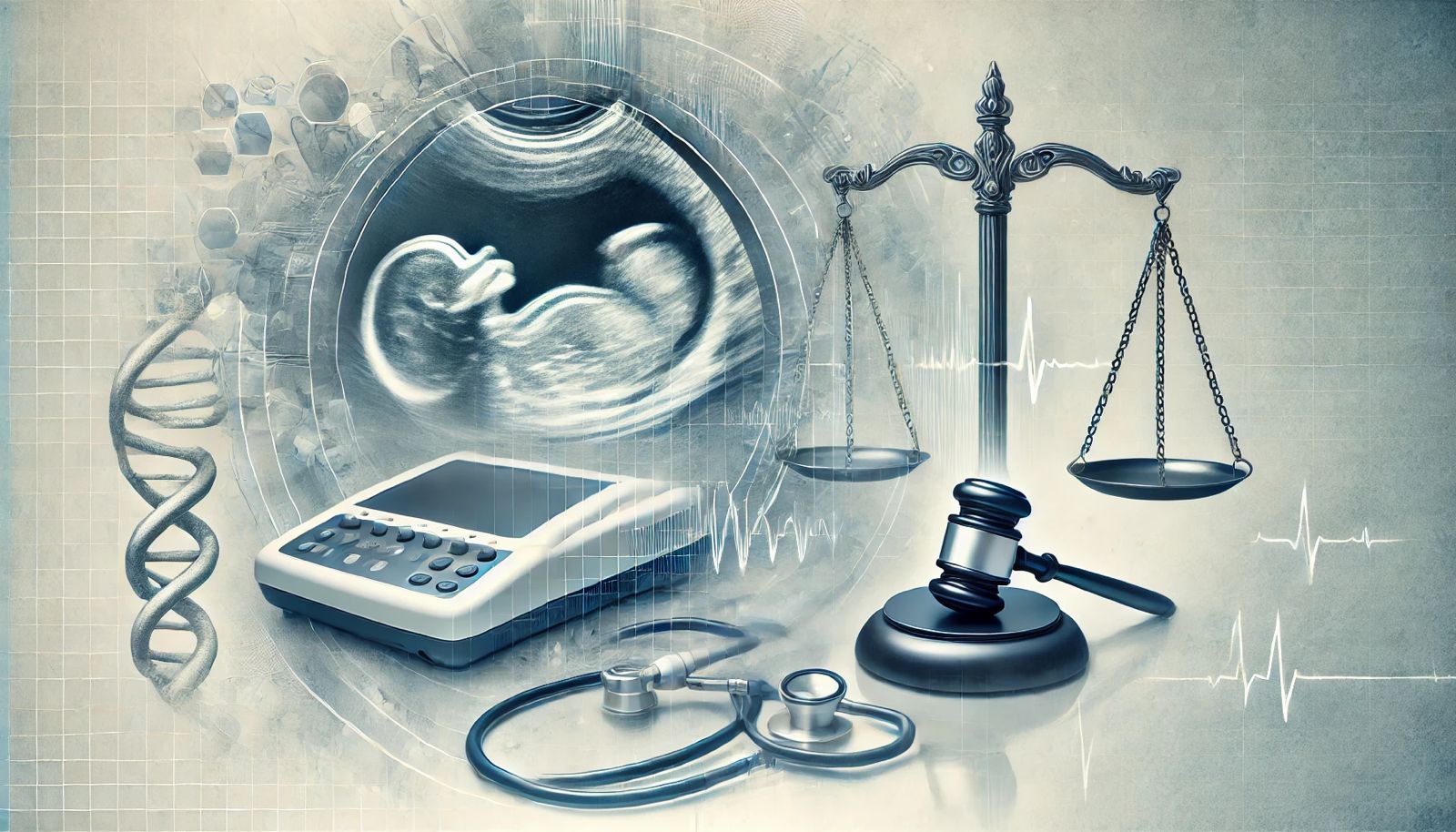
Judicial activism and retributive justice
The recent National Consumer Disputes Redressal Commission’s judgment on fetal sonography is a blatant example of judicial activism and retributive justice. The inherent limitations of the Level 2 sonography to detect limb defects have to be considered before making it a mandatory test and saddling the sinologist with negligence if he fails to detect it.
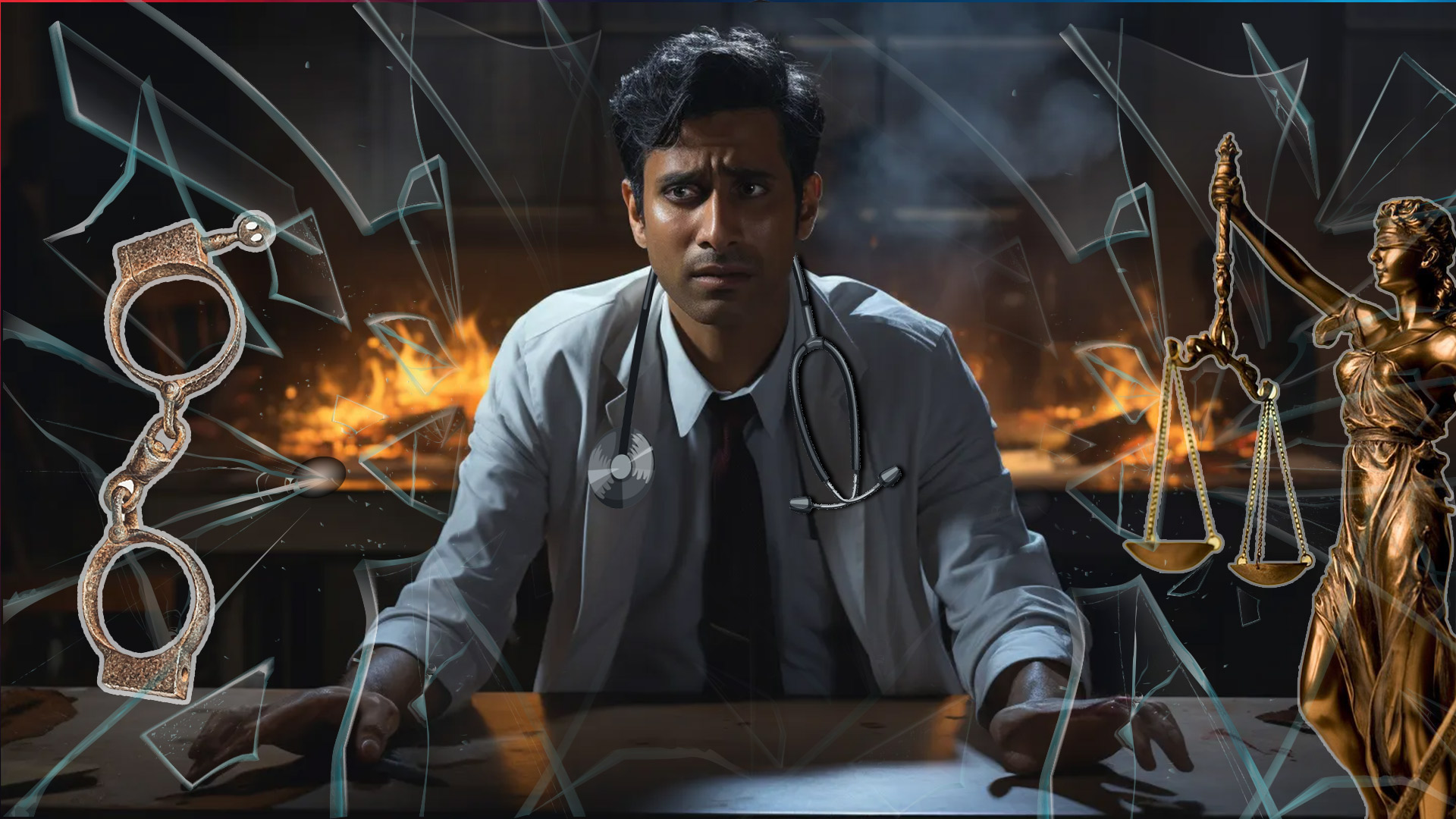
Decriminalizing Medical Negligence Death or Criminalizing Medical Practice
The Minister professed before the Parliament to decriminalize medical negligence but what in reality he did was to specifically criminalize practice of medicine by registered medical practitioners The liability and punishment for negligence for a medical practitioner remains same in BNS 106(1) and IPC 304 A. The worse aspect is that under the amended 106(1) the medical professional’s acts are specifically added for criminal liability. It certainly does not decriminalize medical negligence.

Munchausen Syndrome by Proxy: Factitious Disorder Imposed by Another
Munchausen syndrome by proxy, now known as Factitious Disorder Imposed by Another (FDIA), is a recognized mental health condition. Individuals with this disorder, often dominant and assertive, present themselves as saviors of a vulnerable, supposedly ill person. They impose their perception of the illness on the patient, typically a relative or close associate, and publicly claim that even top medical professionals cannot diagnose or treat the condition properly. These individuals often exaggerate the patients’ symptoms and acquire extensive medical knowledge to support their claims.
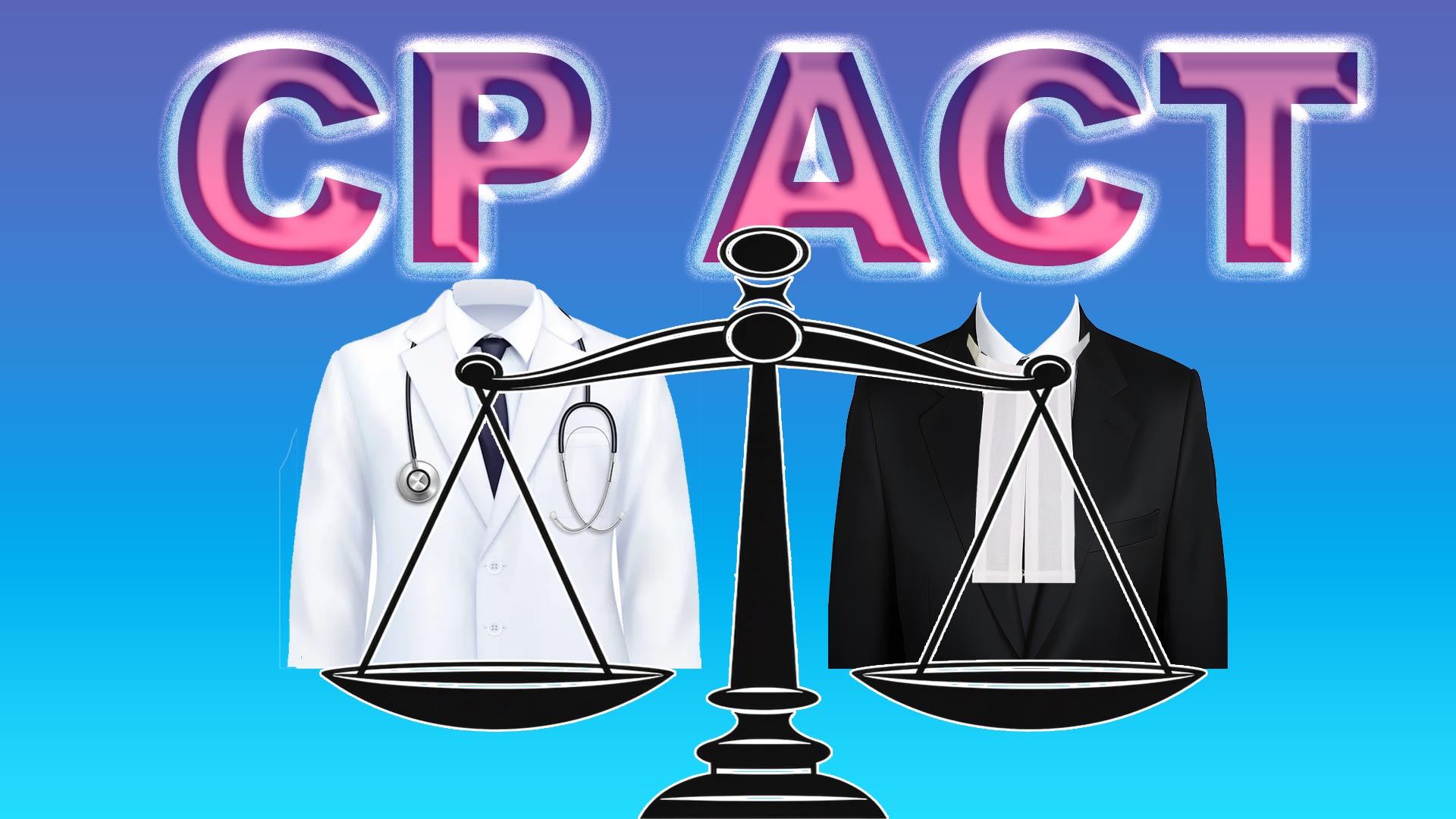
Statutory interpretation of Consumer Protection Act 2019: Professions, Legal and Medical, are not and cannot be included in the Act
Whenever there is ambiguity in any provision of a Statute, the Judiciary is required to interpret the language used. Using the method of ‘literal construction’ in the overall ‘context of scheme, scope and professed purpose’ of the Act, and applying various Rules of construction, the judiciary elucidates the likely intent of the Parliament. The principal aim of the judicial construction is the “Intent of the Parliament.” Statutes may be presumed to incorporate certain components, as Parliament is "presumed" to have intended their inclusion.

Medical negligence is an offence that needs to be adjudicated per exceptions/exemptions provisions
Causing bodily harm/injury is an offence. However, in medical/surgical treatment of a disease, injury being its inevitable consequence, though technically an offence of ‘harm’, ‘injury’, ‘grievous injury’ or ‘homicide’, is not considered an offence by itself. In what exceptional circumstances a medical act becomes an actionable offence, is the bone of contest.

Professional Indemnity for doctors & Hospitals
Professional indemnity is a necessary evil. It indemnifies the doctor / hospital from the financial loss, in case of adverse outcomes in consumer court. It is advisable to select the right insurer and an adequate sum insured. Over the years, the doctors / hospitals have been exploited by the public, advocates as well as the insurance companies. Innovative reforms are need of the day. The professional bodies need to make collective and sincere efforts in this direction, so that the medical practice continues to be the vocation of choice for the bright practitioners of the next generation re-establishing the lost glory of this noble profession.
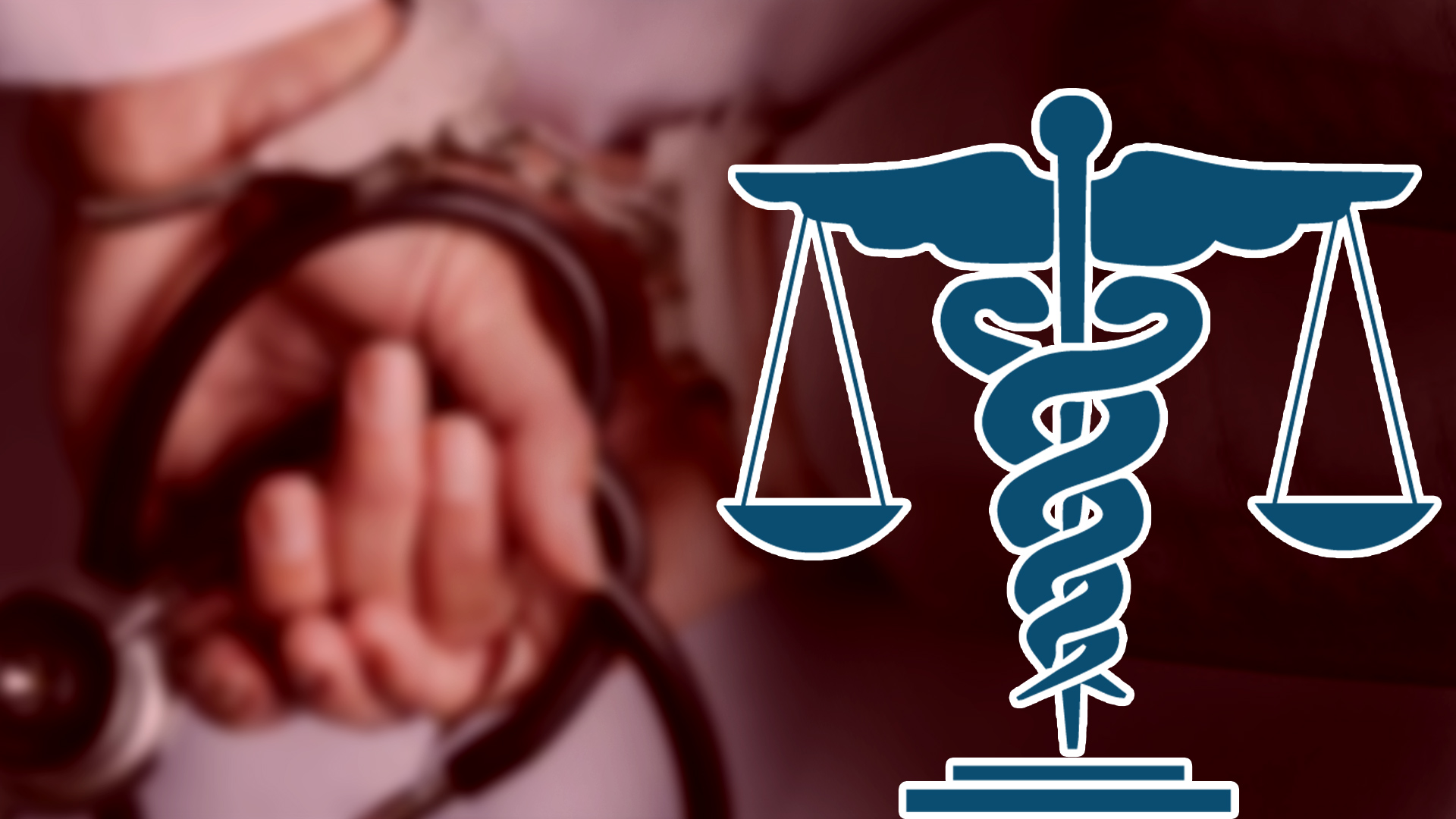
Tort Reform needed to prevent misuse of provisions of CPA Act for medical negligence
In spite of the two landmark judgments by our Supreme Court and the State of Connecticut Law, the filing of frivolous cases continues in India. The Consumer Protection Act (CPA) has enabled easy, no-cost access to consumer courts that has led to the filing of frivolous medical negligence cases for lucrative compensation. The practitioners of modern medicine appear to be soft targets. Tort Reform is needed to prevent misuse of provisions of CPA Act for medical negligence.
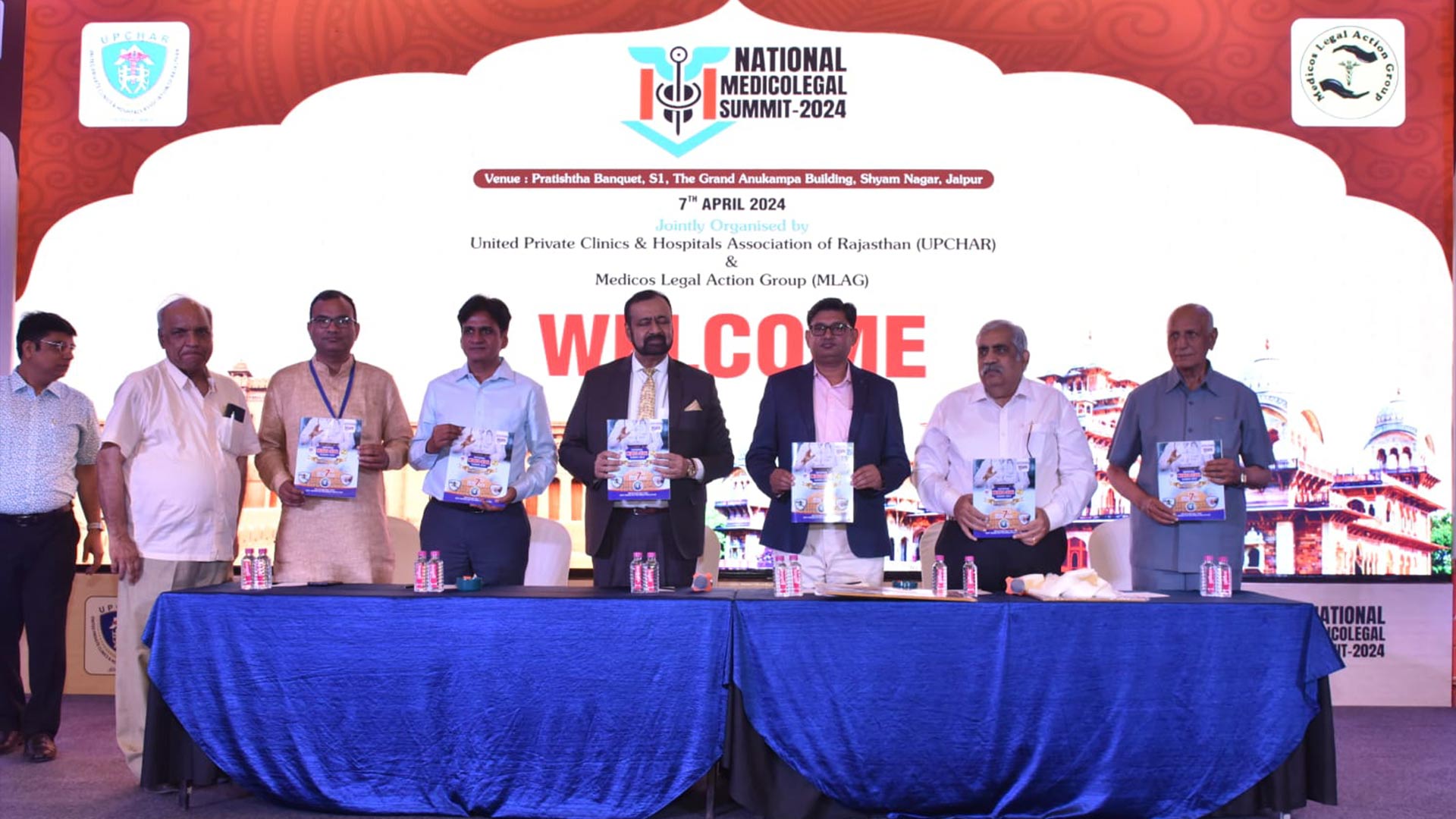
Medical Negligence: Major Takeaways from the National Medico-Legal Summit 2024
The field of medicine is vast and intricate, defying easy judicial scrutiny or non-professional regulation. A highly trained, qualified, and licensed medical practitioner requires the autonomy to deliver services aligned with their expertise. To achieve this, protection from frivolous, excessive, and harassing litigations, as well as ill-investigated judicial decisions in medical negligence cases, is essential. Unfortunately, frivolous negligence claims and misguided medical negligence judgments—often based on ill-applied legal fictions without substantial medical evidence—have eroded public trust in the medical profession. To restore this trust, it is crucial to recognize the doctrine of good faith, which relies on robust medico-judicial processes.
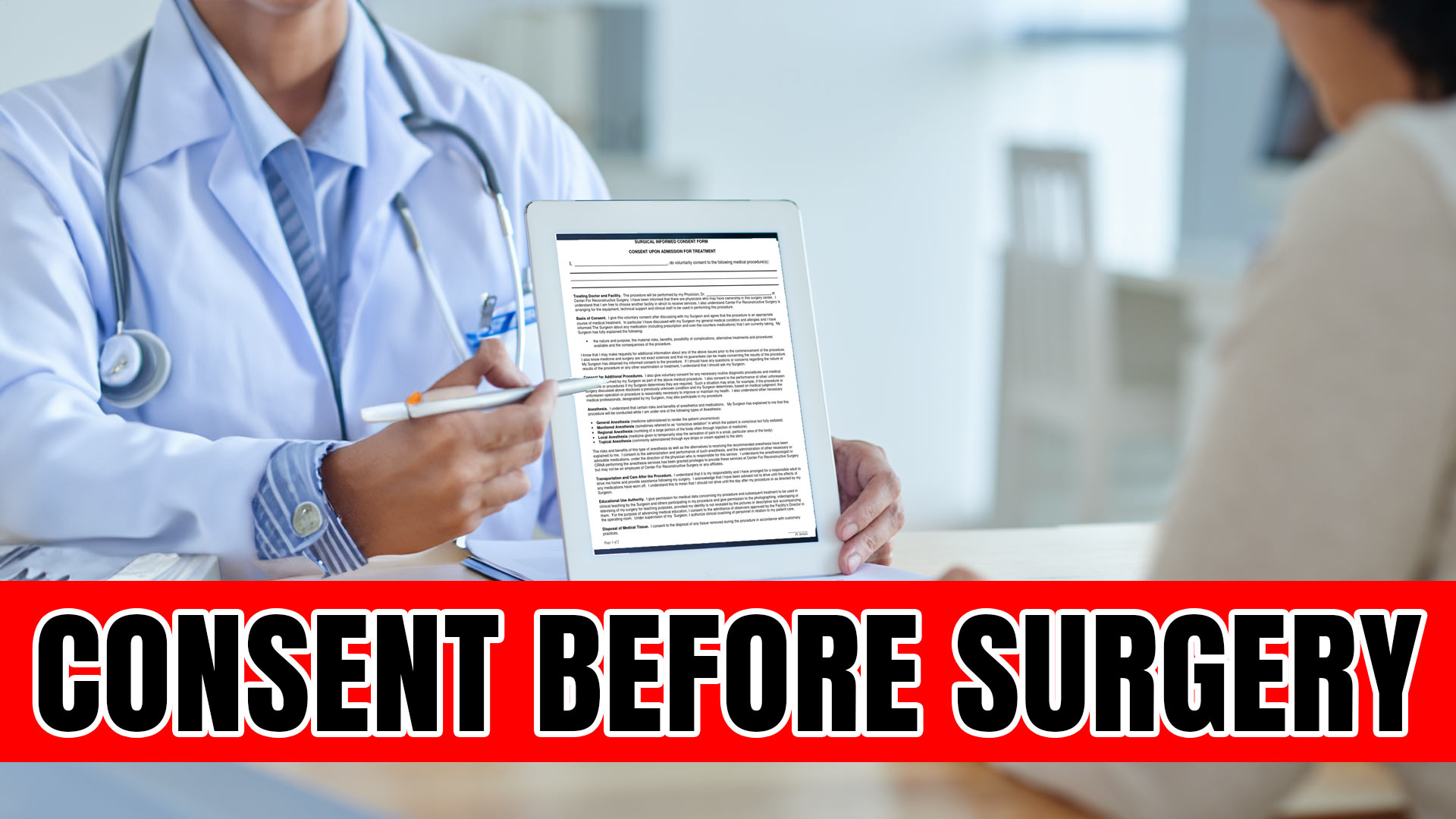
Patients Consent before any Surgery/Procedure/Intervention
Taking patient’s consent is a doctor’s legal and ethical obligation. Patient consent must be voluntary and informed and can be implicit or explicit. It is a fundamental acknowledgement of patients' autonomy and freedom of choice. Consent given and taken appropriately enhances and strengthens the doctor-patient trust. It is legally obligatory in India to obtain written informed consent of the patient for every medical intervention.

Filling the Consent Form Correctly
Taking patient’s consent is a doctor’s legal and ethical obligation. Patient consent must be voluntary and informed and can be implicit or explicit. It is a fundamental acknowledgement of patients' autonomy and freedom of choice. Consent given and taken appropriately enhances and strengthens the doctor-patient trust. It is legally obligatory in India to obtain written informed consent of the patient for every medical intervention.




